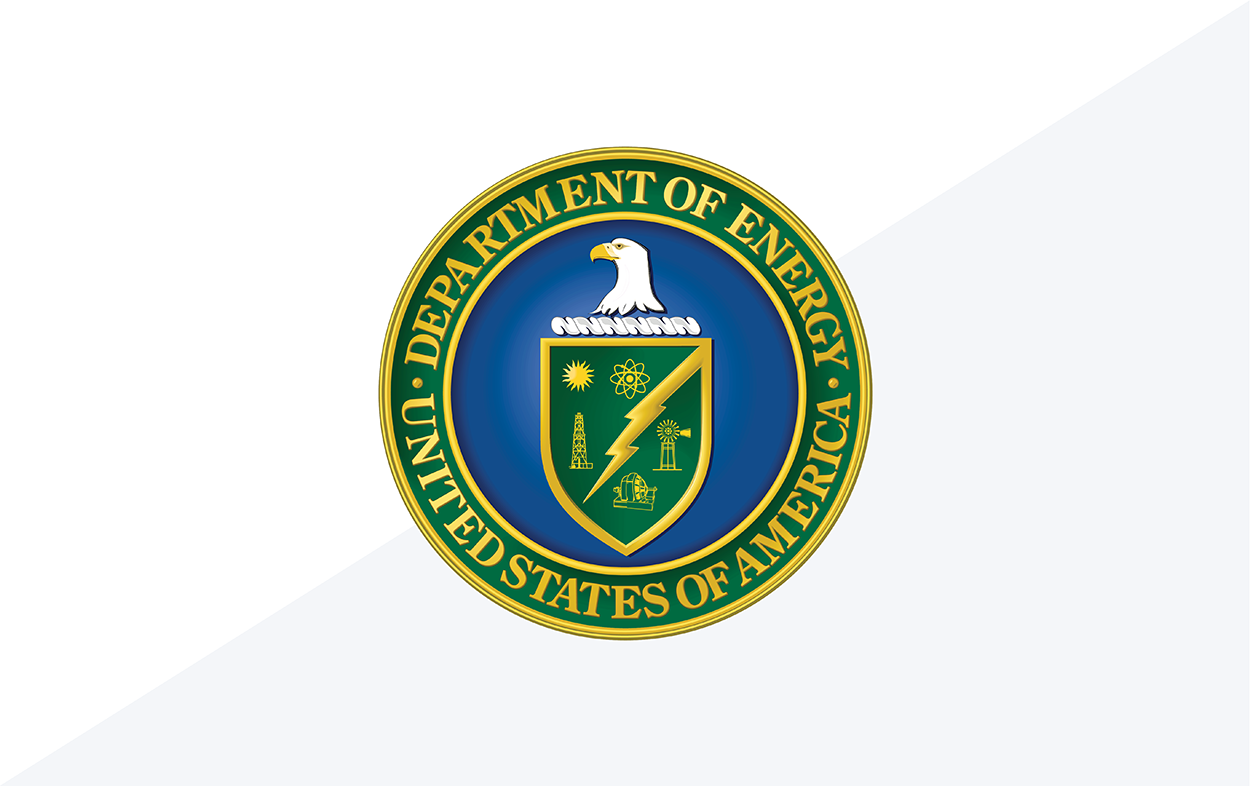
WASHINGTON—The U.S. Department of Energy (DOE) today released a new report, A Critical Review of Impacts of Greenhouse Gas Emissions on the U.S. Climate, evaluating existing peer-reviewed literature and government data on climate impacts of Greenhouse Gas (GHG) Emissions and providing a critical assessment of the conventional narrative on climate change. The report was developed by the 2025 Climate Working Group, a group of five independent scientists assembled by Energy Secretary Chris Wright with diverse expertise in physical science, economics, climate science and academic research.
Among the key findings, the report concludes that CO2-induced warming appears to be less damaging economically than commonly believed, and that aggressive mitigation strategies may be misdirected. Additionally, the report finds that U.S. policy actions are expected to have undetectably small direct impacts on the global climate and any effects will emerge only with long delays.
“The rise of human flourishing over the past two centuries is a story worth celebrating. Yet we are told—relentlessly—that the very energy systems that enabled this progress now pose an existential threat,” said U.S. Secretary of Energy Chris Wright.“Climate change is real, and it deserves attention. But it is not the greatest threat facing humanity. As someone who values data, I know that improving the human condition depends on expanding access to reliable, affordable energy.”
The report was published today as part of the U.S. Environmental Protection Agency’s (EPA) proposed rule repealing the 2009 Endangerment Finding. EPA’s proposed rule, if finalized, will mark a critical step forward in achieving President Trump’s commitment to unleash American energy dominance and return to commonsense policymaking.
“We stand at the threshold of a new era of energy leadership,” Secretary Wright concluded. “If we empower innovation rather than restrain it, America can lead the world in providing more abundant energy—lifting billions out of poverty, strengthening our economy, and improving our environment along the way.”
In addition to completing an internal peer-review period amongst DOE’s scientific research community, DOE is inviting feedback on this report by opening a public comment period. A notice of availability and public comment will be published in the Federal Register.
This report was developed by the Department of Energy’s 2025 Climate Working Group. Members include:
John Christy, Ph.D., is the Distinguished Professor of Atmospheric and Earth Sciences and Alabama’s State Climatologist at the University of Alabama in Huntsville. He has a B.A. (Mathematics) from CSU Fresno and an M.S. and Ph.D. (Atmospheric Sciences) from the University of Illinois in Urbana-Champaign. He is a Fellow of the American Meteorological Society and recipient of The NASA Medal for Exceptional Scientific Achievement for constructing, with Dr. Roy Spencer, the first global atmospheric temperature dataset from polar orbiting satellites. He served as Lead Author of the 3rd IPCC Assessment Report (2001), he coauthored the National Academy of Science expert report on Surface Temperature Reconstructions (2006), and he has served on the NOAA Climate Change Science Program, NASA’s Earth Science Subcommittee, the National Research Council Space Studies Board and the EPA Science Advisory Board. In addition, Dr. Christy has given testimony in 20 Congressional Hearings.
Judith Curry, Ph.D., is Professor Emerita at the Georgia Institute of Technology, where she served as Chair of Earth and Atmospheric Sciences for 13 years. She is President and co-founder of Climate Forecast Applications Network (CFAN). Curry has a PhD in Geophysical Sciences from the University of Chicago. She has authored or coauthored 192 peer-reviewed papers in atmospheric and climate sciences, two textbooks, and most recently the book Climate Uncertainty and Risk. Curry is a Fellow of the American Meteorological Society, the American Association for the Advancement of Science, American Geophysical Union, and a Member of the American Academy of Sciences and Letters. She has served on several Science Steering Committees of the World Climate Research Program and also the DOE Biological & Environmental Research Advisory Committee, Earth Science Subcommittee of the NASA Advisory Council, and the NRC Space Studies Board and Climate Research Committee. Dr. Curry has given testimony in 13 Congressional Hearings.
The Honorable Steven E. Koonin, Ph.D., is the Edward Teller Senior Fellow at Stanford’s Hoover Institution. He has served as Under Secretary for Science at the Department of Energy (2009-2011), as Chief Scientist for British Petroleum (2004-2009), and as a professor at Caltech (1975 – 2004, the last nine years as Vice President and Provost). Koonin is a member of the National Academy of Sciences and the JASON group of government advisors, as well as a Governor of Lawrence Livermore National Laboratory, having served in similar capacities for the Los Alamos, Sandia, Brookhaven, and Argonne National Laboratories. Other prior roles include a University Professor at New York University, a non-resident Senior Fellow at the American Enterprise Institute, and a Trustee of the Institute for Defense Analyses. Koonin has a BS in Physics from Caltech and a PhD in Theoretical Physics from Massachusetts Institute of Technology. He authored the 2021 bestseller Unsettled: What Climate Science Tells Us, What It Doesn’t, and Why It Matters, the 1985 textbook Computational Physics, and some 200 peer-reviewed papers in physics and astrophysics, scientific computation, energy technology and policy, and climate science.
Ross McKitrick, Ph.D., is a Professor of Environmental Economics at the University of Guelph in Ontario, Canada. He holds a BA in economics from Queen’s University, and an MA and Ph.D. in economics from the University of British Columbia. He has published widely in both economics and physical science journals on topics related to climate change, pollution and public policy. His book Economic Analysis of Environmental Policy was published by the University of Toronto Press in 2010. His background in applied statistics has led him to author or coauthor peer-reviewed publications across a wide range of topics in the physical sciences including paleoclimate reconstruction, malaria transmission, surface temperature measurement, climate attribution methodology and climate model evaluation. Professor McKitrick has made many invited academic presentations around the world, was an invited contributor to the 2006 National Academy of Sciences report on Surface Temperature Reconstructions, has served as an expert reviewer for the last three IPCC Assessment Reports (Working Groups I and II) and has testified before the U.S. Congress and committees of the Canadian House of Commons and Senate.
Roy W. Spencer, Ph.D., is a Principal Research Scientist at the University of Alabama in Huntsville. He holds a BS is Atmospheric and Oceanic Science from the University of Michigan, and MS and PhD in Meteorology from the University of Wisconsin-Madison. Spencer’s published research has focused on monitoring of weather processes and climate change from Earth-orbiting satellites, as well as using simple physical models for diagnosing climate sensitivity and climate feedbacks. As a NASA Senior Scientist for Climate Studies he served as the U.S. Science Team Leader for the Advanced Microwave Scanning Radiometer (AMSR-E) flying on the Aqua satellite, providing our most accurate global measurements of sea surface temperatures, sea ice, and several other features of the climate system. Along with Dr. John Christy, Spencer developed the first satellite-based technique for global temperature monitoring, for which they received NASA’s Exceptional Scientific Achievement Medal and the American Meteorological Society’s Special Award.
###











